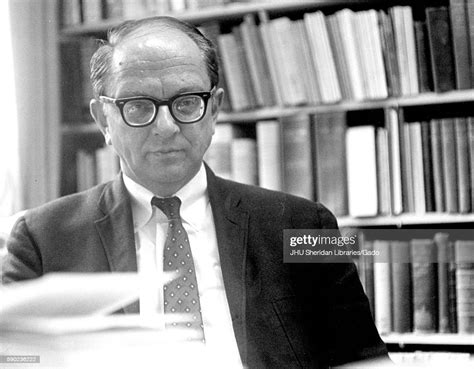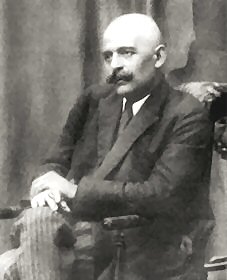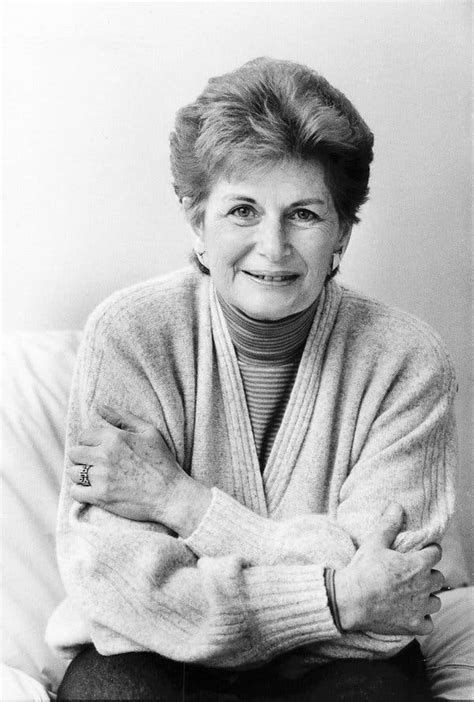A Quote by Swami Vivekananda
A Sannyasin cannot belong to any religion, for his is a life of independent thought, which draws from all religions; his is a life of realisation, not merely of theory or belief, much less of dogma.
Related Quotes
And so it is true in this sense that there is essentially but one religion, the religion of the living God. For to live in the conscious realisation of the fact that God lives in us, is indeed the life of our life, and that in ourselves we have no independent life, and hence no power, is the one great fact of all true religion, even as it is the one great fact of human life. Religion, therefore, at its purest, and life at its truest, are essentially and necessarily one and the same.
Man is more than his environment. It is from the innate quality of the Spirit in him, his inner storehouse, that he draws those ideas, his intuitions, which unify his perceptions of the external world instantaneously with a value which is qualitative and not quantitative, and which he embodies in the works of his culture - those achievements which belong not only to one particular time but to all times, and mark the path of his upward progress.
Under any religion, the preestablished impersonal code transcends the right of the individual to explore, experience, and marvel at the mysteries of his own life and death. Religions introduce us not to God but to slavery. They deprive us of our freedom to explore our own souls and to discover the endless and wondrous possibilities presented to us by an infinite universe. And most often the method of religions is fear, not love. They demand blind obedience and often obedience to dreadful dogma.
To be a religions man and to pray are really one and the same thing. To join in the thought of God with every thought of any importance that occurs to us ; in all our admiration of external nature, to regard it as the work of His wisdom ; to take counsel with God about all our plans, that we may be able to carry them out in His name ; and even in our most mirthful hours to remember His all-seeing eye ; this is the prayer without ceasing to which we are called, and which is really the essence of true religion.
First, whenever a man talks loudly against religion, always suspect that it is not his reason, but his passions, which have got the better of his creed. A bad life and a good belief are disagreeable and troublesome neighbors, and where they separate, depend upon it, 'Tis for no other cause but quietness sake.
The "establishment of religion" clause of the First Amendment means at least this: Neither a state nor the Federal Government can set up a church. Neither can pass laws which aid one religion, aid all religions, or prefer one religion over another. Neither can force nor influence a person to go to or to remain away from church against his will or force him to profess a belief or disbelief in any religion.
Personal change, growth, development, identity formation--these tasks that once were thought to belong to childhood and adolescence alone now are recognized as part of adult life as well. Gone is the belief that adulthood is, or ought to be, a time of internal peace and comfort, that growing pains belong only to the young; gone the belief that these are marker events--a job, a mate, a child--through which we will pass into a life of relative ease.
Socialism is the doctrine that man has no right to exist for his own sake, that his life and his work do not belong to him, but belong to society, that the only justification of his existence is his service to society, and that society may dispose of him in any way it pleases for the sake of whatever it deems to be its own tribal, collective good.






































